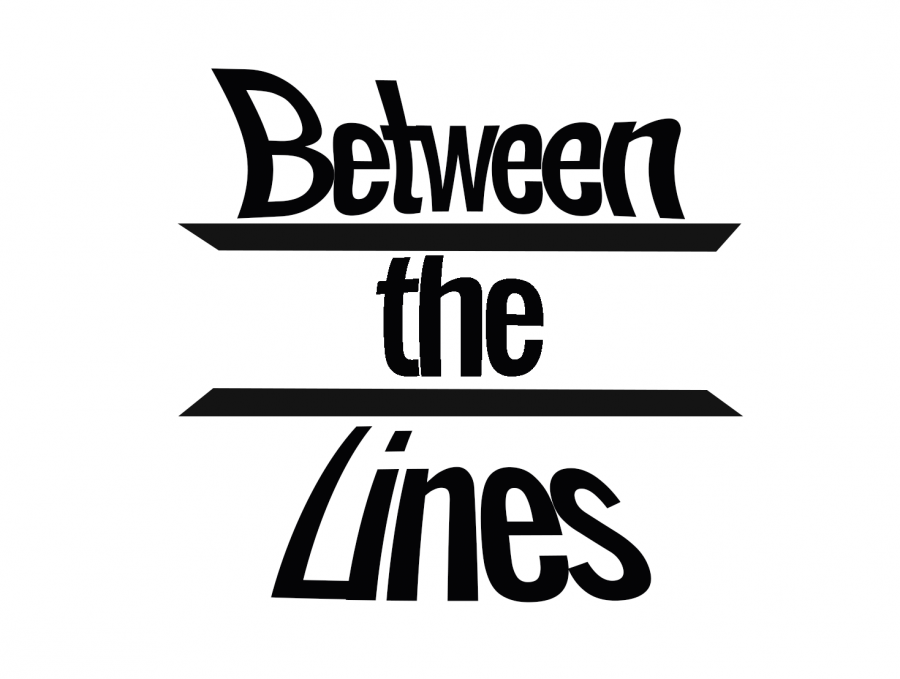Between the Lines
Illustration by Ethan Gullett
February 18, 2020
Toni Morrison began writing her debut novel, “The Bluest Eye,” 50 years ago, following her own advice: “If you find a book you really want to read but it hasn’t been written yet, then you must write it.” She does this with her latest work of nonfiction, as with every book she published, writing with a voice seldom heard — the voice of a black woman.
“The Source of Self Regard” is her last published work before her death in August 2019 at 88 years old. 40 years worth of speeches, meditations and essays are combined to create a nonfiction collection that, for better or worse, is timeless in its discussion of race, gender, fascism and the black experience.
In a speech given to Barnard students, Morrison condemns the classic fairytale “Cinderella” as “the story of a household — a world, if you please — of women gathered together and held together in order to abuse another woman.” She discards the male characters as “a rather vague absent father and a nick-of-time prince with a foot fetish.”
The Cinderella household is presented as an example for a contemporary problem: “feminine power when directed at other women wielded … in what has been described as a ‘masculine’ manner.” With this, she warns of the dynamics and dangers of feminine power when negatively directed upon women. She affirms the meaning of her speech when she preaches to the women of Barnard, “I want not to ask you but to tell you not to participate in the oppression of your sisters.”
She concludes her address with a summation of women’s rights, defining it as “not only an abstraction, a cause; it is also a personal affair. It is not about ‘us;’ it is about me and you. Just the two of us.”
In an essay from 1995 titled “Racism and Fascism,” Morrison warns of the rise of fascism and paints a disturbing society that is alarmingly familiar. She argues that “racism may wear a new dress, buy a new pair of boots, but neither it nor its succubus twin fascism is new or can make anything new.” Morrison points out that, due to the banality of fascism, among other negative traits, fascism can only recycle its negative effects on a population, and nothing new nor progressive could come out of racist, “fascist solutions.”
She ends with a futuristic account about fascism’s arrival, claiming that “we will find ourselves living not in a nation but in a consortium of industries, and wholly unintelligible to ourselves except for what we see as through a screen darkly.” Although she is no longer in our presence, her words remain in our world as a warning of political dangers, as advice for existing and hope for our damaged yet remediable future.






